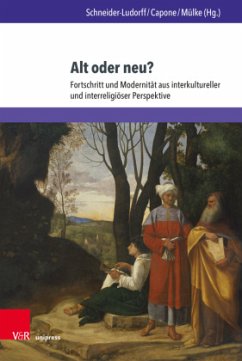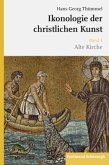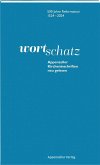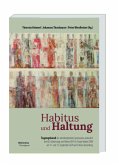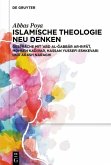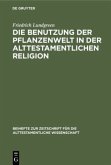Der Band versammelt Beiträge aus der evangelischen und katholischen Theologie, Judaistik, Islamwissenschaft und Arabistik, Religionswissenschaft, Philosophie und klassischen Philologie. Sie alle widmen sich der Frage, ob es in Religion und Theologie Entwicklung geben kann - eine Debatte, die sich von der Antike über das Mittelalter bis in die Neuzeit verfolgen lässt: Kann etwa im Verhältnis von griechisch-römischen Kulten, Judentum, Christentum und Islam von 'alten' und 'neuen' Religionen gesprochen werden? Wie werden in ihnen jeweils die Begriffe 'alt' und 'neu', 'Fortschritt' und 'Modernität' geltend gemacht? Diese lang tradierten Fragen gewinnen in der Gegenwart eine dringliche Aktualität, etwa bei der Suche nach Antworten auf die vieldiskutierte 'Glaubenskrise' der christlichen Kirchen oder bei der Forderung nach einem 'modernen' Islam.
The volume brings together contributions that presents perspectives on the topic from different academic disciplines (protestant and catholic theology, Jewish studies, Islamic and Arabic studies, religious studies, philosophy, classical philology). The debate about whether there can be development in religion and theology can be traced from antiquity through the middle ages to modern times: Can we speak of "old" and "new" religions in relation to Greco-Roman cults, Judaism, Christianity and Islam? How are the terms "old"/"new", "progress" and "modernity" asserted within one and the same religion and its theology? These old questions are becoming urgently topical in the present - often completely unreflected - for example when looking for answers to the much-discussed crisis of faith in the Christian churches or when calling for a "modern" Islam.
Hinweis: Dieser Artikel kann nur an eine deutsche Lieferadresse ausgeliefert werden.
The volume brings together contributions that presents perspectives on the topic from different academic disciplines (protestant and catholic theology, Jewish studies, Islamic and Arabic studies, religious studies, philosophy, classical philology). The debate about whether there can be development in religion and theology can be traced from antiquity through the middle ages to modern times: Can we speak of "old" and "new" religions in relation to Greco-Roman cults, Judaism, Christianity and Islam? How are the terms "old"/"new", "progress" and "modernity" asserted within one and the same religion and its theology? These old questions are becoming urgently topical in the present - often completely unreflected - for example when looking for answers to the much-discussed crisis of faith in the Christian churches or when calling for a "modern" Islam.
Hinweis: Dieser Artikel kann nur an eine deutsche Lieferadresse ausgeliefert werden.

